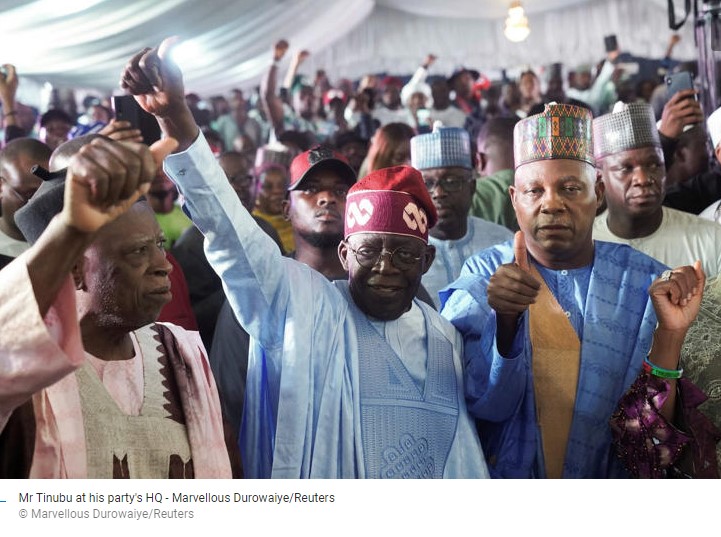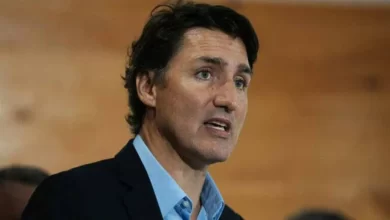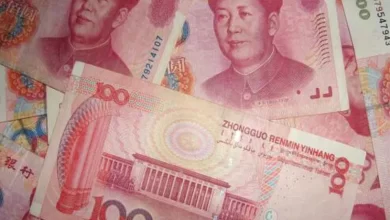Tough on crime ‘Godfather of Lagos’ wins Nigeria’s close election

One of Nigeria’s richest politicians, nicknamed the Godfather of Lagos, has been declared the new president of Africa’s most populous nation, in the country’s closest election in decades.
Bola Tinubu won 37 per cent of the vote, standing for the ruling party and seeing off competition in a race undermined by logistical problems and low turnout.
The win marked a move to the centre stage for a behind-the-scenes heavyweight who has spent years using his influence and formidable network to win elections for others.
Opposition parties immediately denounced the result and demanded a new vote, with at least one of the defeated parties pledging to appeal the outcome in court.
The president-elect attempted to strike a unifying tone after his victory was announced. “Together, we shall build a brighter and more productive society for today, tomorrow and for years to come,” he said.
Mr Tinubu campaigned on his record as two-term governor of Lagos from 1999 to 2007, where his supporters credit him with curbing crime, improving services, attracting major investment and turning Africa’s biggest city into an economic powerhouse.
“My track record should speak for me. Look at Lagos: Before I came, we had dead bodies on the road, a chaotic traffic system, robbery daytime and night-time,” he said over the weekend.
Yet his career has also been dogged by accusations of cronyism, corruption and links to drug-related crimes. His critics also blame him for Lagos’ crumbling infrastructure and inequality.
In 1992, the US Department of Justice alleged that his bank accounts held money thought to come from drug trafficking. He denied any wrongdoing and reached a settlement to forfeit £380,000. He says his considerable wealth comes from inherited property and stocks.
Others have raised concerns about his fitness to lead after he looked frail in some public appearances, delivering slow and slurred speeches.
Opponents have alleged he is considerably older than the 70 years he acknowledges.
His campaign biography says he was born to a Muslim family in Lagos in 1952.
He emigrated to America in the 1970s, where he worked as a dishwasher, taxi driver and night guard to fund his business administration studies at Chicago State University.
After working for US consultancy firms, he returned to Nigeria in the 1980s and worked for a branch of the Mobil oil company as an auditor.
He entered politics in the 1990s. After his two terms as governor in Lagos, he has maintained a formidable patronage network and picked every subsequent winning candidate to run Africa’s biggest city.
His support also helped outgoing leader Muhammadu Buhari win two terms in office, in 2015 and 2019.
Despite his clout in the city, he lost Lagos State at the weekend to Peter Obi, the surprise outside contender for the Labour Party.






